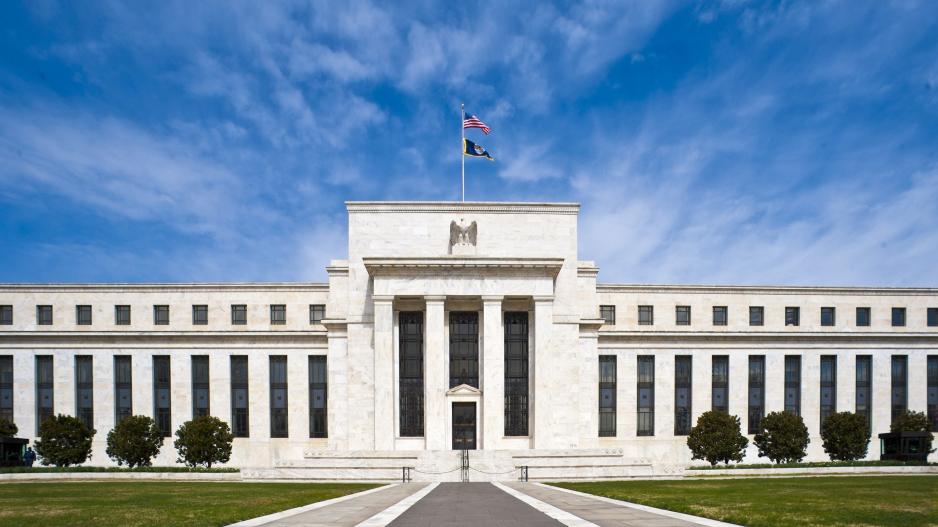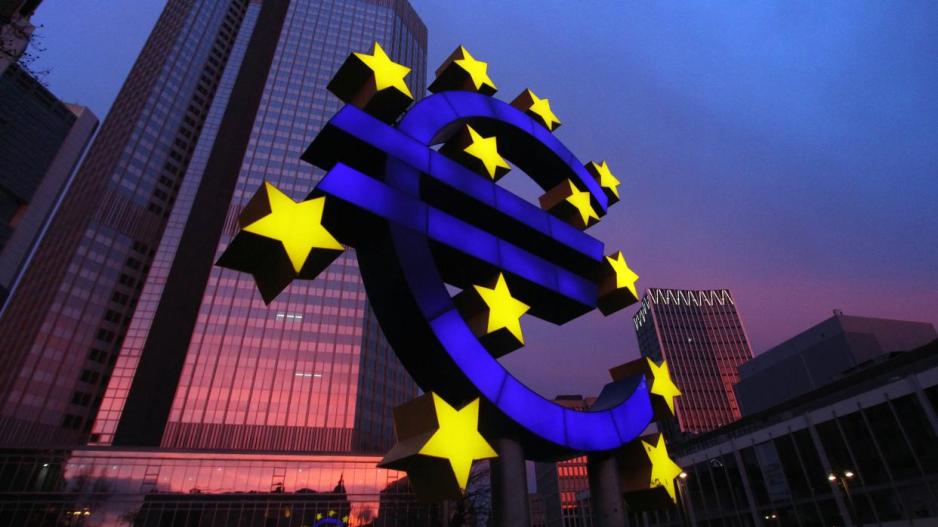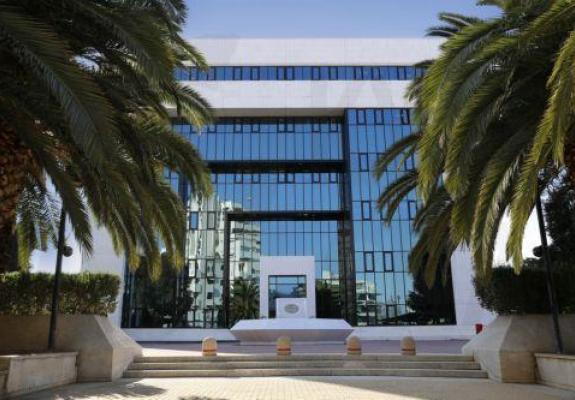European Central Bank Set to Increase Interest Rates Amid Economic Slowdown
The European Central Bank is expected to proceed with a new increase in interest rates by 25 basis points (one-quarter of a percentage point), with the deposit rate set at 3.5%. This decision, continuing its tightening monetary policy, is anticipated to be announced this coming Thursday.
The rate hike was previously announced by ECB President Christine Lagarde after the board meeting in early May. It was further confirmed in her recent statements to the European Parliament on Monday. Lagarde reiterated her assessment that despite the slowdown in the Consumer Price Index in the Eurozone, there is uncertainty regarding the ceiling of underlying inflation, which excludes energy and food prices. She emphasized that interest rate increases will continue.
The focus of the upcoming Thursday meeting will be whether Lagarde provides any indication of when the upward cycle of ECB interest rates will end. A relatively large majority of economists surveyed by Reuters last week insisted that another 25 basis point increase is likely to occur in July, which will be the final one. The acceptance deposit rate is expected to remain at 3.75% until the end of the year.
This view aligns with the latest economic developments in the Eurozone, which entered a marginal recession last winter. The new data released by Eurostat on Thursday showed a 0.1% contraction in the region's GDP in the first quarter, following a similar decline in the last quarter of 2022. Economists estimate that this recession, largely attributed to the 0.5% contraction of the German economy in the first quarter of this year, will be short-lived, with GDP expected to grow by 0.2% in each of the next three quarters of 2023. However, it still indicates a significant slowdown in economic activity, facilitating the deceleration of inflation.
Indeed, inflation decreased to 6.1% in May from 7% in April, although it still significantly deviates from the ECB's 2% target. It is also noteworthy that underlying inflation decreased to 5.3% from 5.6%. However, as indicated by Lagarde's statements, there is a wait-and-see approach in Frankfurt regarding whether a similar trend will continue.

The central bank of the United States (Fed) will also hold its meeting next week, specifically on Wednesday, one day before the ECB meeting. Economists believe that the Fed will leave interest rates unchanged after ten consecutive increases that raised rates to 5% to 5.25%. This expectation is reinforced by some statements made by Fed Chairman Jerome Powell last week, as well as recent data showing a slowdown in economic activity in the United States.
However, the level of certainty regarding the decision of the American central bank is not as high as in the case of the ECB. In the Reuters survey, there was a significant minority of economists predicting at least one more increase in the Fed's key interest rate, most likely in July.
Furthermore, the rate hike on Wednesday by the Bank of Canada, which had frozen rates since January, caused concern in the markets. This move was prompted by inflation fluctuating between 4% and 5% during that period, indicating that a stable moderation of prices should not be taken for granted.






